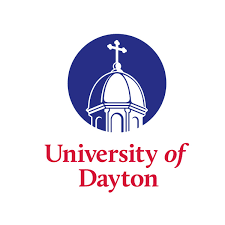
Master of Science in Aerospace Engineering (AEE)
University of Dayton, Dayton


University of Dayton, Dayton

Master of Science in Aerospace Engineering (AEE)
University of Dayton, Dayton
University of Dayton is affordable and offers value for money
University of Dayton offers placement support
Top choice of Indian students
UD is the No. 1 Catholic university for engineering research and development.
It is a top-ranked institution in USA
Degree
Postgraduate
Duration
24
Course Type
With Co-op
Co-op education gives you real-world experience in a job related to your studies.
INR
13.16L
USD 15484
1st Year Tuition Fees
Opening Soon
Opening Soon
Opening Soon
Opening Soon